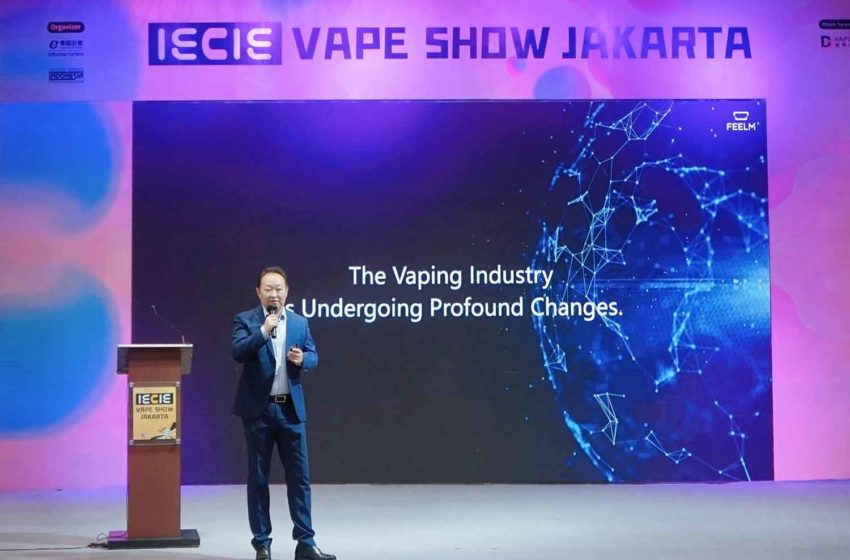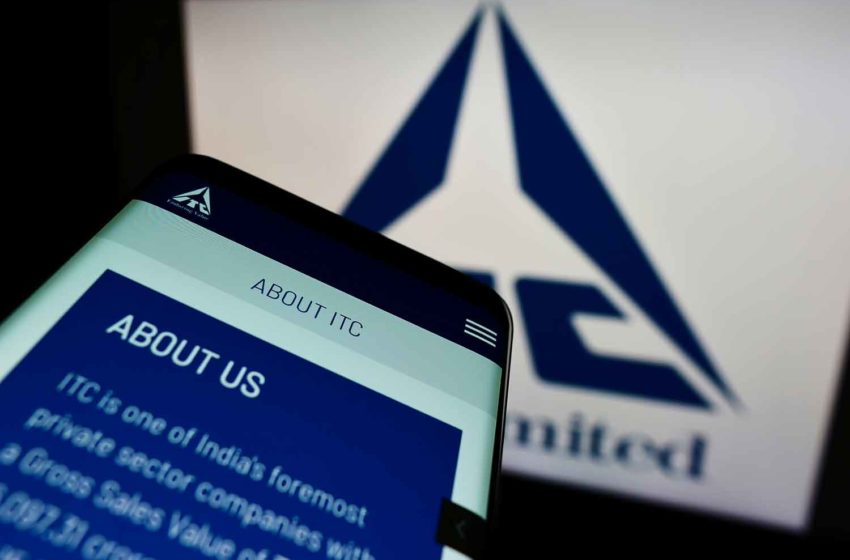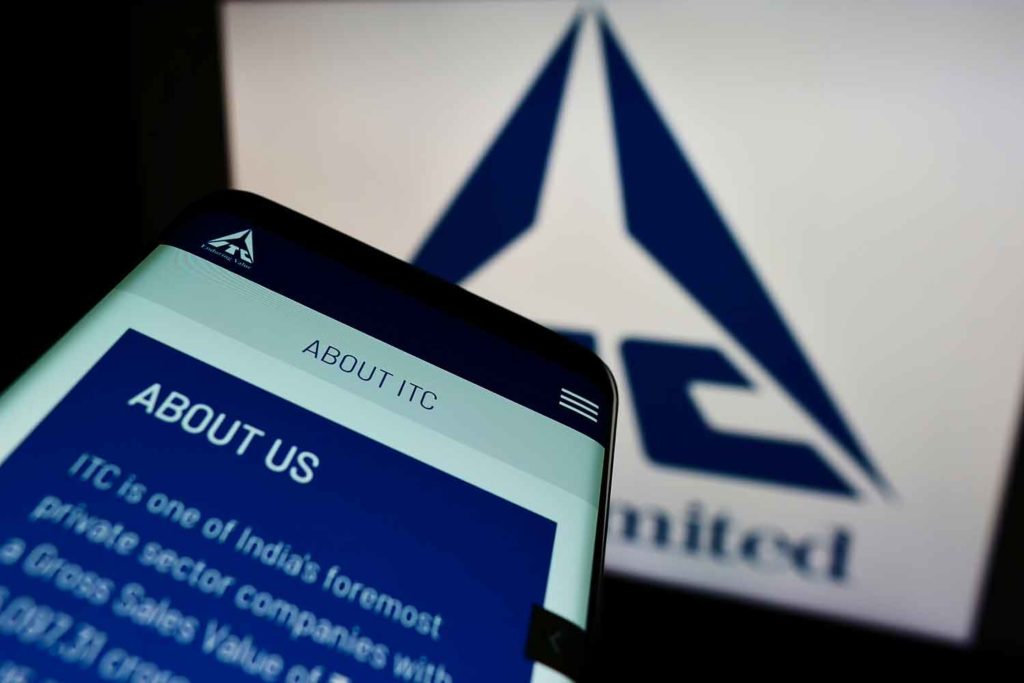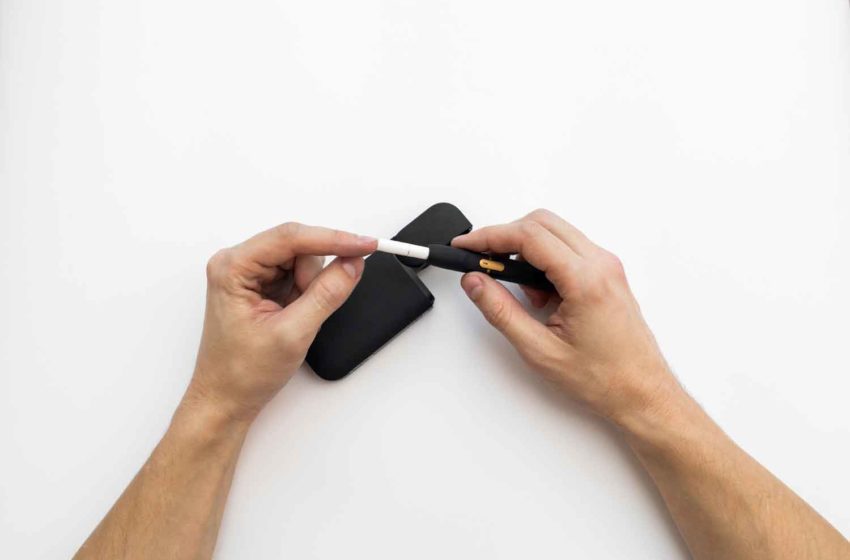
Smoore presented its Feelm Max disposable technology solution at the Indonesia Electronic Atomization Exhibition (IECIE 2022), which took place at the Jakarta International Convention and Exhibition Center.
Speaking at the exhibition, Smoore Vice President Clayton Shen highlighted the importance of technological innovation in driving progress in the vaping industry.
Feelm Max features a ceramic coil technology that offers more puffs and consistent flavor, according to a company press release. It is currently sold in more than 10 countries, including the United States and the United Kingdom. Other features include a semi-translucence mouthpiece and environmentally friendly packaging.
During his presentation of the Feelm Max, Shen explained that the closed system is the fastest-growing category in the new tobacco market and will claim a significant market share in the long run.
According to Smoore, ceramic coils solve longstanding challenges such as liquid leakage and burnt taste. Ceramic coils, said Shen, are used by leading vapor product manufacturers, such as Reynolds Vapor Co., Relx and Njoy.
One of the most influential exhibition platforms for companies operating in the vaping sector, the IECIE covered an area of over 12,000 square meters in Jakarta, with over 100 exhibitors and more than 10,000 visitors.
In recent years, Southeast Asia has become a new industry hub by virtue of its population base and market development potential. Euromonitor expects the Southeast Asian vaping market to grow by 29 percent in 2023.



















